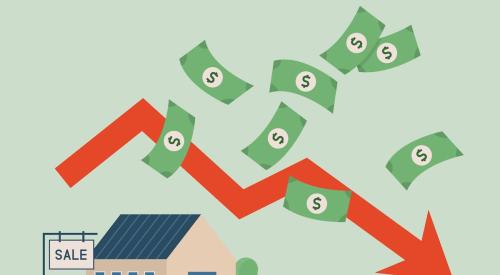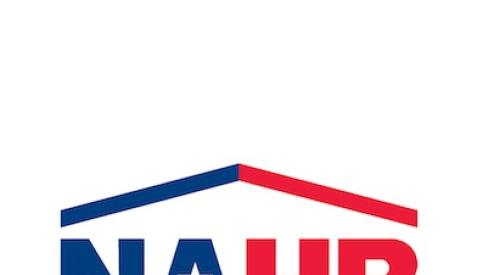The housing market may be a few years removed from the Great Recession, but that doesn’t mean it isn’t still feeling the effects of getting its bell rung. Personal consumption expenditures are a perfect example of how the economy is still fighting to get its legs under itself.
From the fourth quarter of 2003 to the end of 2006, Luke Kawa of Bloomberg reports that personal consumption expenditures grew at an average annual clip of 3.5 percent. But since March 2012, when the S&P/Case-Shiller Composite 20-City Home Price Index bottomed out, personal consumption expenditures have only increased by 2.3 percent on average.
A main reason for this, as determined in a recent economic letter published by the Federal Reserve bank of Dallas by economists John Duca, Anthony Murphy, and Elizabeth Organ, is that the positive effect home price appreciation has on consumer spending has been halved since the mid-2000s. In the middle of 2005, for every $100 of value a home gained, that household would spend an extra $3.40. But near the end of 2015, the amount that household spending would increase after a $100 increase in home value was only $1.70. After a few quick calculations, that means in order for home value appreciation to generate the same amount of consumer spending as before, it needs to increase twice as fast.
The authors wrote in the letter, “In the U.S., increased availability of consumer and mortgage credit, along with rising asset prices, contributed greatly to the consumption boom in the mid-2000s; reversals in these factors exacerbated the bust in consumption during the Great Recession.”
As in boxing, if an opposing fighter keeps catching you with a right hook, you better keep that left hand up for protection or you will end up lying on the canvas wondering what hit you; in similar fashion, despite an improving economy, consumers are still a bit hesitant to tap into home equity lines of credit.
Even without home prices giving an extra nudge to the economy, the authors of the letter still believe the outlook for consumer spending is a positive one, thanks to the improvement in household balance sheets, renewed access to credit, and the stock market being near all-time highs.












